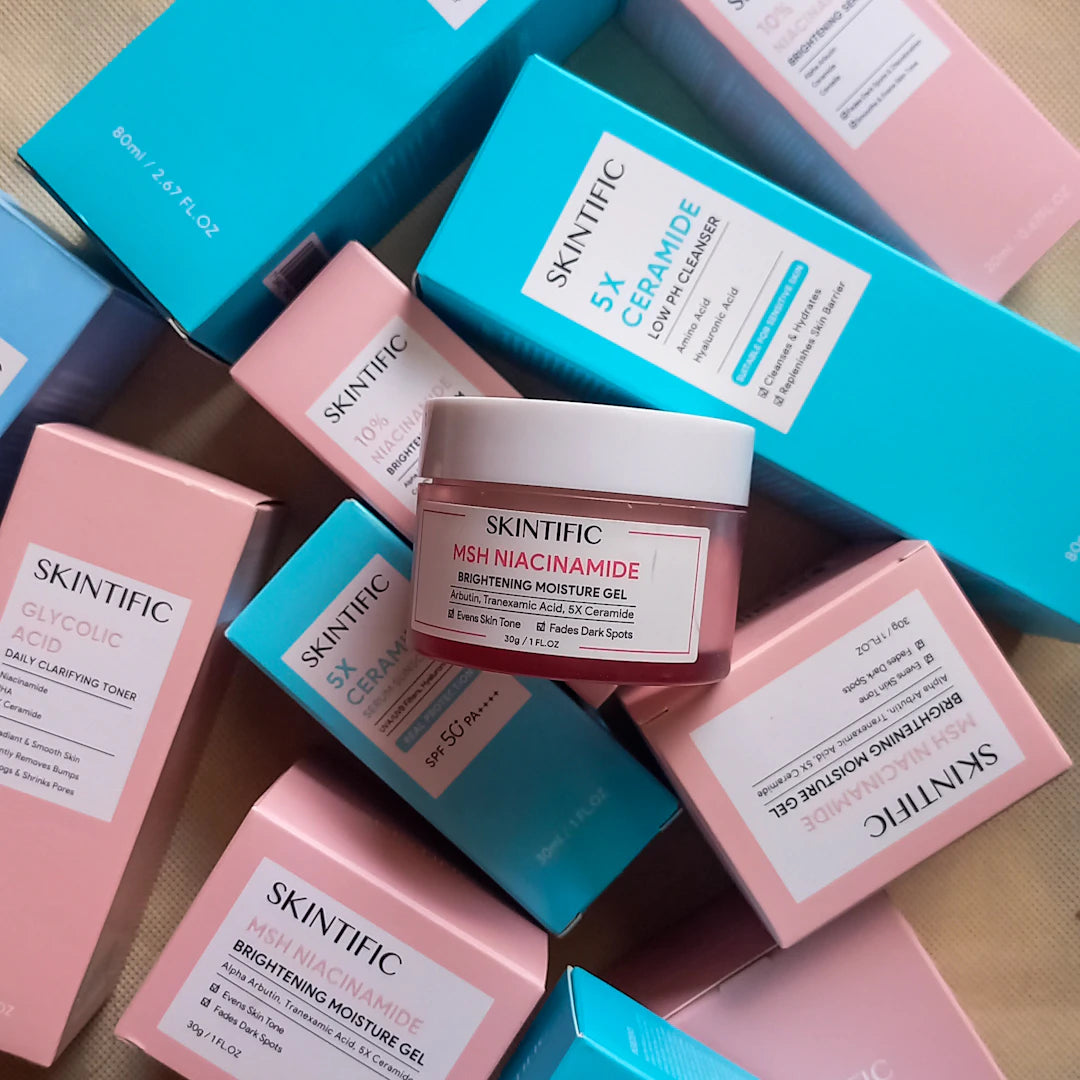Unmasking Stress: How It Impacts Your Skin and Coping Tips

Frequently Asked Questions
1. How does stress affect my skin?
2. What are the signs of stress-induced skin problems?
3. What coping mechanisms can help improve skin health during periods of stress?
4. What changes should I make to my skincare routine when stressed?
5. When should I seek professional help for skin issues?
Stress has a profound impact on nearly every aspect of our lives, but did you know it can also wreak havoc on your skin? As the body's largest organ, the skin reflects our internal health and emotional state. When stress levels rise, our skin can display a variety of symptoms that range from minor irritations to more severe conditions. In this blog post, we’ll explore how stress affects your skin and provide effective coping mechanisms to help you maintain a radiant complexion.
Understanding the Connection Between Stress and Skin Health
Before diving into coping mechanisms, it's essential to grasp how stress manifests in our skin. Stress triggers the release of hormones, specifically cortisol, which can lead to several skin issues. Here are some common ways stress shows up on your skin:
- Increased Oil Production: Cortisol can increase oil production, leading to clogged pores and acne outbreaks.
- Inflammation: Stress may exacerbate conditions such as eczema or psoriasis, causing redness, swelling, and discomfort.
- Premature Aging: Chronic stress can lead to fine lines and wrinkles due to the breakdown of collagen, as well as loss of elasticity in the skin.
- Dryness and Flakiness: High stress can cause the skin barrier to weaken, resulting in moisture loss and dryness.
Recognizing the Signs of Stress-Induced Skin Issues
Are you feeling overwhelmed and noticing changes in your skin? Being mindful of stress-induced skin issues can be crucial in managing and treating them effectively. Some common signs to look for include:
- Breakouts or acne flare-ups.
- Increased sensitivity or itchy, inflamed patches.
- Dry or flaky skin.
- Puffy eyes or dark circles.
- Premature wrinkles or sagging skin.
Why Your Skin Needs Special Care Under Stress
When you're stressed, your skin's needs change significantly. It’s often more susceptible to irritation and damage. Incorporating specific ingredients into your skincare routine is essential for combating stress-related skin problems. For instance, a Hyaluronic Acid Serum can provide the hydration your skin desperately needs during times of stress, helping plump up the skin and improve its overall texture.
Effective Coping Mechanisms for Stress and Skin Care
Here are several practical coping mechanisms that can help mitigate stress and improve your skin’s condition:
Healthy Lifestyle Choices
Maintaining a healthy lifestyle is crucial for managing stress and promoting skin health. Here are some changes you can make:
- Balanced Diet: Eating a well-balanced diet rich in fruits, vegetables, whole grains, and healthy fats can nourish your skin from the inside out. Incorporate foods high in antioxidants, such as berries, nuts, and green leafy vegetables, to help combat oxidative stress.
- Hydration: Drinking ample water throughout the day keeps your skin hydrated and aids in detoxification, a key process for maintaining healthy skin. Aim for at least 8 cups of water daily.
- Regular Exercise: Engaging in regular physical activity helps reduce stress hormones and boosts endorphins. Activities such as yoga, jogging, or even brisk walking can help improve your mood and lower anxiety levels.
Practice Mindfulness and Relaxation Techniques
Incorporating mindfulness into your daily routine can be a powerful stress reliever. Here are a few techniques to consider:
- Meditation: Setting aside just a few minutes a day for meditation can drastically reduce stress levels. Apps like Headspace or Calm can guide you through this practice.
- Deep Breathing Exercises: Taking slow, deep breaths can help calm your nervous system. Inhale deeply for four seconds, hold for four, and exhale for six seconds.
- Progressive Muscle Relaxation: This technique involves tensing and relaxing different muscle groups, promoting relaxation and reducing physical tension.
Revamp Your Skincare Routine
When nerves are high and stress is abundant, a solid skincare routine can work wonders. Here are some tips to enhance your regimen:
- Gentle Cleansers: Use a gentle cleanser that doesn’t strip your skin of its essential oils. Look for products that are fragrance-free and non-comedogenic.
- Hydrating Masks: Consider using hydrating face masks once or twice a week to give your skin an extra boost. Ingredients like hyaluronic acid and aloe vera promote moisture retention.
- Moisturize Your Skin: Locking in moisture is crucial for maintaining skin elasticity. A day cream or night cream suited for your skin type should be a staple.
- Consider a Hyaluronic Acid Serum: This serum can attract moisture to your skin, helping achieve a plumper, more youthful complexion. Regular use of this serum allows your skin to maintain its moisture levels, even during stressful periods.
- Sun Protection: Don’t forget to use sunscreen daily, as UV exposure can worsen stress-induced skin problems.
When to Seek Professional Help
While coping mechanisms can help alleviate stress and improve skin health, some conditions may require professional attention. If you experience persistent skin issues, such as severe acne, eczema flare-ups, or persistent dryness, consult a dermatologist. A professional can provide tailored advice and treatment plans to suit your specific needs.
Embracing a Holistic Approach
It's essential to understand that taking care of your skin starts from within. A holistic approach—incorporating diet, mindfulness, and skincare—will better equip you to combat stress and its effects on your skin. Additionally, loving and appreciating your skin can improve your self-esteem, leading to reduced stress levels. Don’t hesitate to celebrate small victories in your skincare journey!
Final Thoughts: Turning Stress into Radiance
By adopting these stress-busting techniques and nurturing your skin with care, you can transform stress into a journey of self-improvement and radiance. Remember, consistency is key, and you deserve to feel great in your skin, regardless of life’s challenges. Invest in your skincare, prioritize your mental health, and watch your glow flourish!
Linked Product
Hydrate & Protect Bundle
The "Hydrate & Protect Bundle" combines a hydrating hyaluronic acid serum with a broad-spectrum sunscreen, providing essential moisture and sun protection for your skin. This duo is designed to help combat the effects of stress on your skin by maintaining hydration and shielding it from harmful UV rays. Incorporating this bundle into your skincare routine can support healthier skin during stressful times.
View Product

